FOUR GRAND FOR A CAMERA AND LENSES? (Just look at the reflections on that fender.) They didn’t teach me that at home, though. I remember when I won a national writing contest in high school and got accepted into the Student Conservation Program at Olympic National Park in Washington. Six weeks of camping and building trails in the wilderness of the Pacific Northwest. I was so excited! All I had to do was get there from Long Island and it almost didn’t work.
I suppose I could have flown or taken a train—this was 1962 and memory fails me—but I knew the only option my parents would accept was a round-trip ticket from New York City to Seattle on a Greyhound bus for $50, a sum they agonized over for weeks. Fifty bucks was worth way more then than now, although the actual hangup was whether it was “spoiling” me to pay for six days on a bus. Saving up the money first from an after-school job might have made it happen but there wasn’t time. I needed boots, a sleeping bag, a mess kit, and a backpack, too.
Believe it or not, they finally decided I could go. Not without exacting a vague promise I would pay them back—I recall a brief gig folding blouses in the ladies wear section of May’s Department Store when I returned—but my father took me to Manhattan, outfitted me at an army surplus store, and bought my round-trip ticket at the bus station. No ordering online then, no R.E.I. All my gear was olive drab and smelled familiar. (What I did was take a British army metal pack frame and strap a canvas knapsack onto it.) Dad looked unhappy the entire time but that was normal. That they would buy me anything was novel, so I felt like things were looking up.
I practiced for the adventure by walking the dog each night through the suburban Mafia-Land of Massapequa1 wearing my backpack filled with 50 pounds of National Geographics. Hard to believe I planned to take that much, isn’t it? Camera, extra shoes, a fishing rod, some books. Even a paperback version of William Shirer’s Rise and Fall of the Third Reich that I remember reading on an overnight trail maintenance bivouac where I tied my sleeping bag to a tree to keep from sliding down the slope.2
My time in Olympic National Park was rewarding and intense. I was part of a group of 30 applicants from all over the country. All white and male, of course. To get to our first campsite, we had to jump from rock to rock along the coast while the rising tide sent breakers crashing into the cliffs. There were many bear encounters. Management hired a pilot who dropped ice cream, steaks, hardtack, and mail to us by parachute from a Cessna way up in the high country where cougars screamed at night. We met Ansel Adams on a mountain trail while he was adjusting the harness on his pack horse and the only one who recognized him was our lone adult advisor.3
Halfway through the adventure we hiked back for a one-day break and they drove us to an indoor public pool so we could clean up in the showers. On the way the radio said that Marilyn Monroe had died and I was shocked. Three weeks later in Seattle I acquired a baritone ukulele from a pawn shop that ate up most of the little cash I had. The instrument did not impress my parents. Neither did surviving on 25-cent fried egg sandwiches all the way home which I was rather proud of since I’d done it for the music. Perhaps they worried for my safety but I always thought it was the money and the moral grimness of it all. That fall I taught myself to play guitar.4
My cousin Joyce endured similar pressures but in spades. Her father Uncle Bob, my father’s older brother, lived all his adult life a few blocks from his mother (“Granny”) back in Maryland and looked in on the old lady twice a day. For all their decent qualities, they carried in their hearts the fear of doing anything for fun.5 I blame religion, but it doesn’t matter. What does is that my cousin ended up a little bent like I am. After she passed away I learned her house in Florida was sweltering because she wouldn’t use the air conditioning—too expensive no doubt, although there was plenty invested in two brokerage accounts—but because she didn’t spend it, it was there for 15 beneficiaries of which I am one.
Oh, the irony: fear of spending money transmogrified into a boon!
I’ve been taking pictures all my life. Since the Beginning of Known Time I had cameras from my dad, all hand-me-downs. Whenever he wanted a new toy, he’d pass on the old one. The same with cars and bikes. His battered Kodak Retina from Germany—such a heavy thing— rode in my backpack to Olympic National Park, though most of the slides I took stay packed away since then. (Could be some treasures there, who knows?) For the past two and a half years I’ve been slogging in the NFT fields with mostly iPhone shots to no avail but always wondered if a “real” camera would help. When the inheritance turned my heritage inside out, I realized I could get one and I did.
The difference is subtle and profound. The iPhone 15 Pro Max takes amazing pictures but the Canon R6 Mark II makes me feel professional and worthy.6 Yes, I’m good enough. As for NFTs, I still like the little buggers—physically easier than going old school, access to world markets, working online from my desk—so we shall see. I want to make more physical art regardless and the thrill I get from big glass lenses tells me that the medium counts but doesn’t rule. For the first time in my life I’m judging what I do by how it makes me feel, not whether I can sell it. The energy is spiritual. Dark thoughts kill the joy. Yes, a little money helps, but this is for the soul. Why not be a conduit? Res severa verum gaudium.
Reality is mutable too, rejoice.
All of these developments were meant to be. During the last three months I’ve struggled with my writing, overwhelmed with other things I want to do. The results were quite predictable and left me dry. Pushing too hard never works. Self-criticism gone mad becomes true prophecy. There is no way around this. I simply had to stop. Eventually I remembered what it felt like to make art I love so much I have to share and then the river flowed. I have new glasses and a beard. I go places now instead of wallowing in plans. New Mexico is stunning. My health is good. My dental hygienist insisted on a full set of X-rays for the first time in over two years and everything was fine—this has never happened in my life before and I know why.
More regular writing here will now ensue. Pleasure is the measure, serious fun the way. Now that I am back, no man can tell me different. Onward.
Unknown to me at the time, Massapequa in southern Nassau County (L.I.) was where the New York mob parked their families. Maybe they still do. Knowing this now explains a great deal I remember about the sociology of Massapequa High School and other features of Long Island life I may write about someday. Do you know what “Puerto Rican fence climbers” are?
As for Shirer, I was just that kind of kid and we’d lived in Germany before. Most of my friends on Long Island were Jewish, too (a radical change from the preceding four years in West Texas), and I was curious.
“That man’s a famous photographer!” he said when we were out of earshot. Adams was shy and wore two hats together, one on top of the other. (See the very underexposed photo I took as we walked by.) Memory of the encounter gives me pause now too as well it should.
The art will out!
My grandfather used to take the train from the Eastern Shore of Maryland to Philadelphia and visit art museums to escape. Granny’s infamous reaction related to me by my aunt was, “Whatcha wanna do that for? It’s just a bunch of pictures on a wall…”
Color, depth, and clarity. Hard to beat good glass.

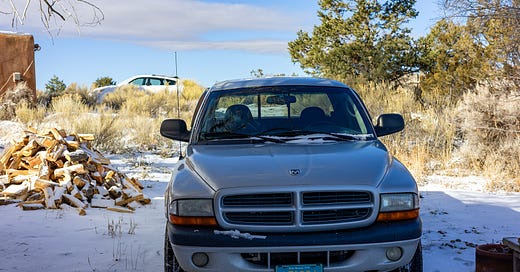



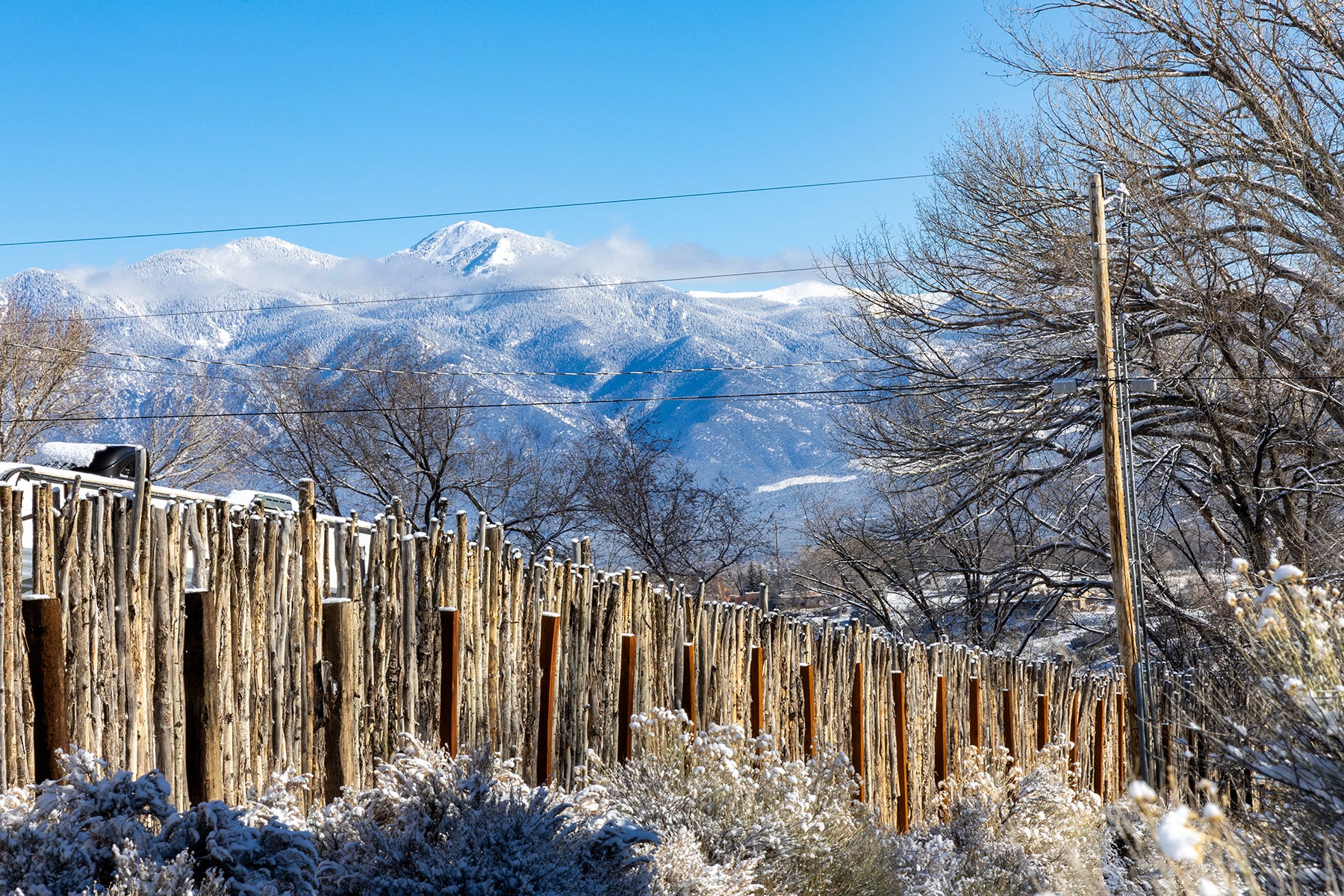
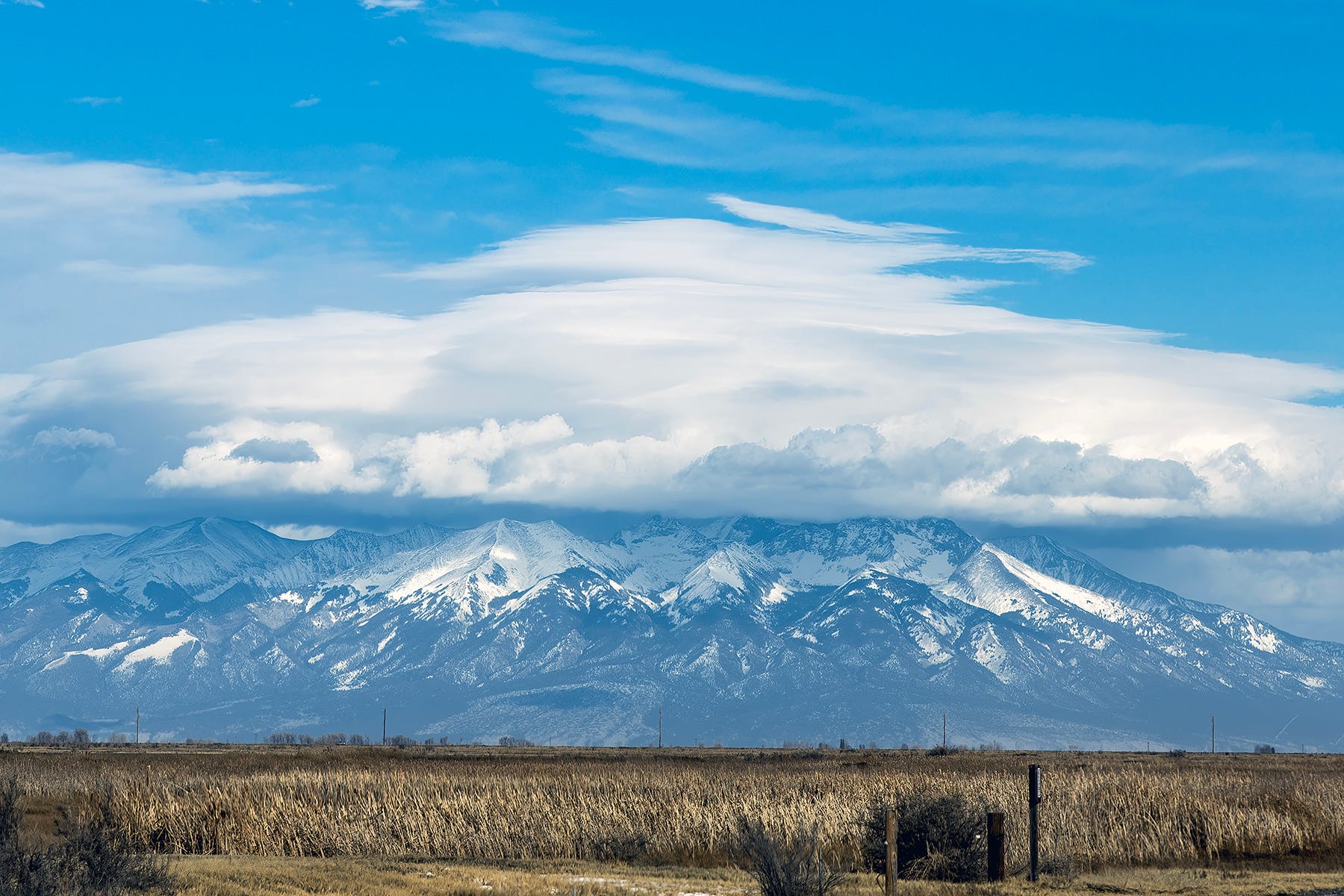
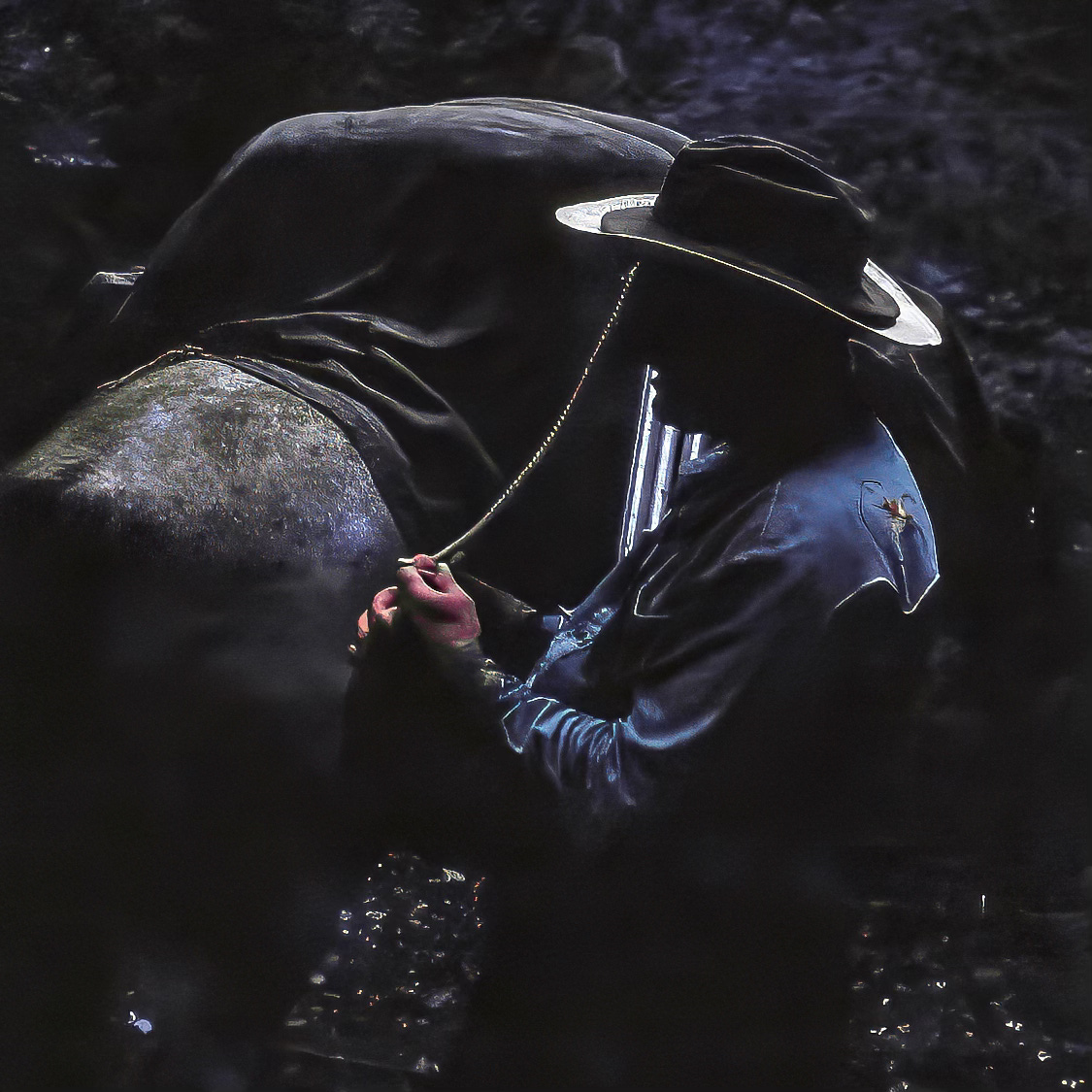
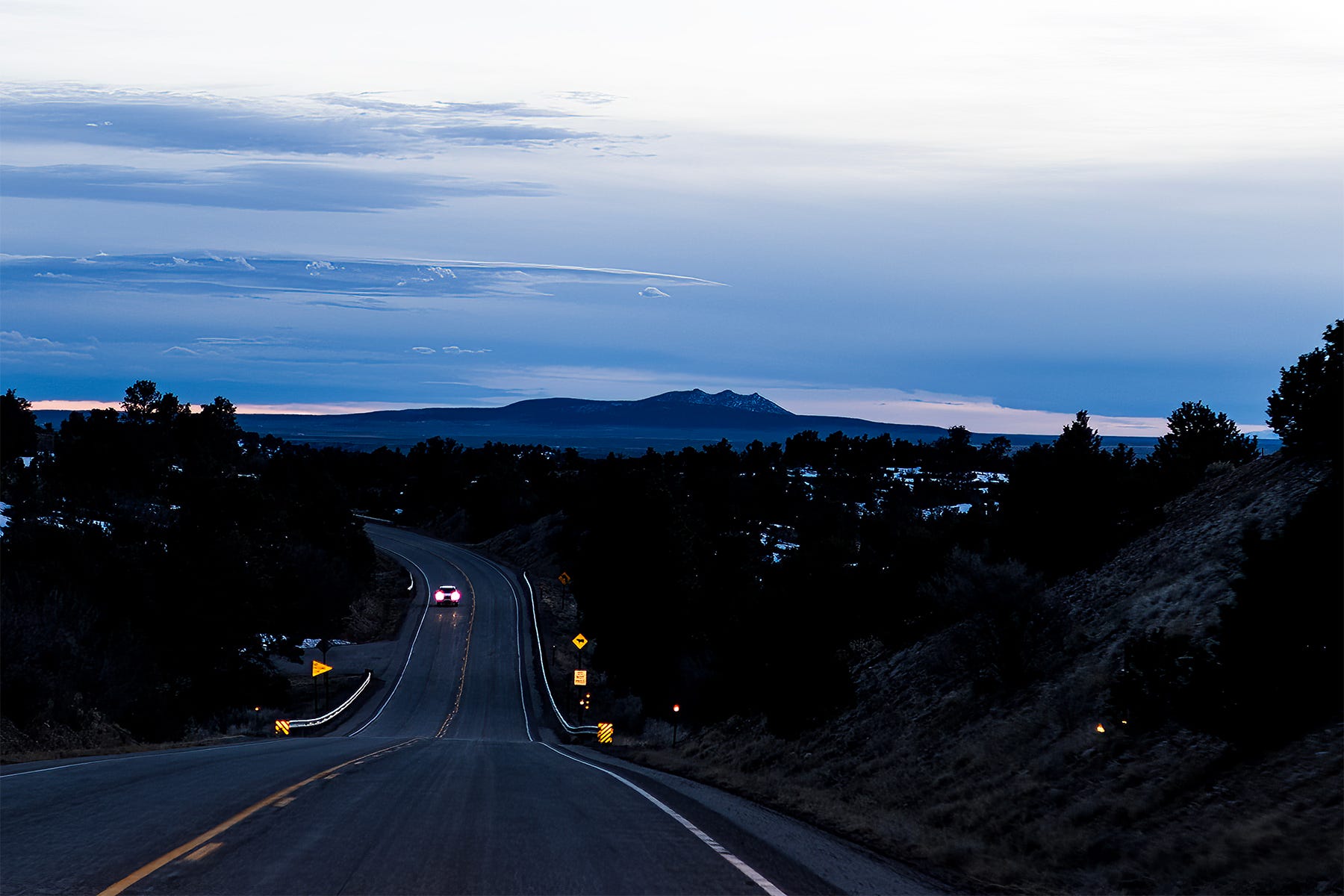
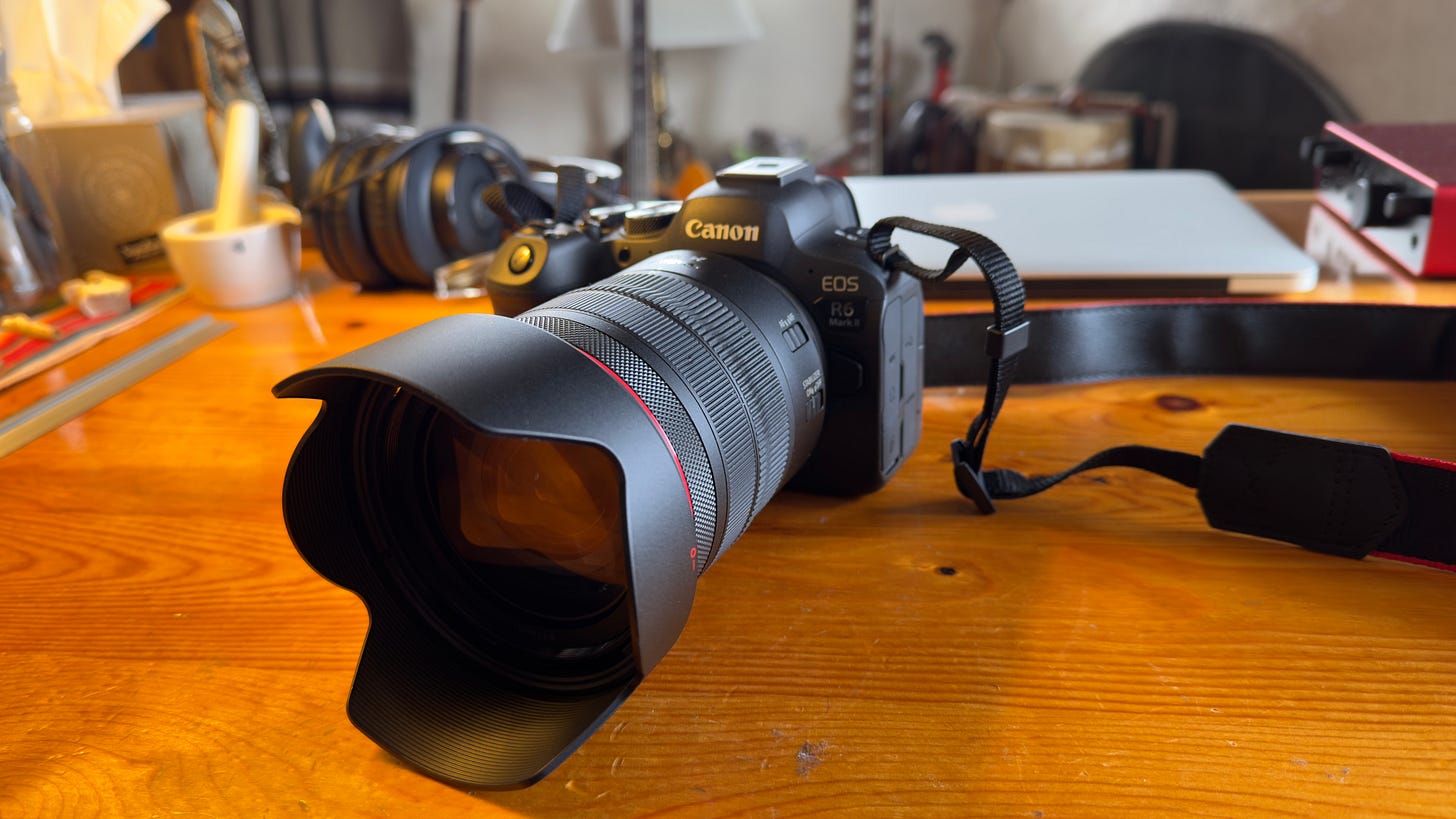
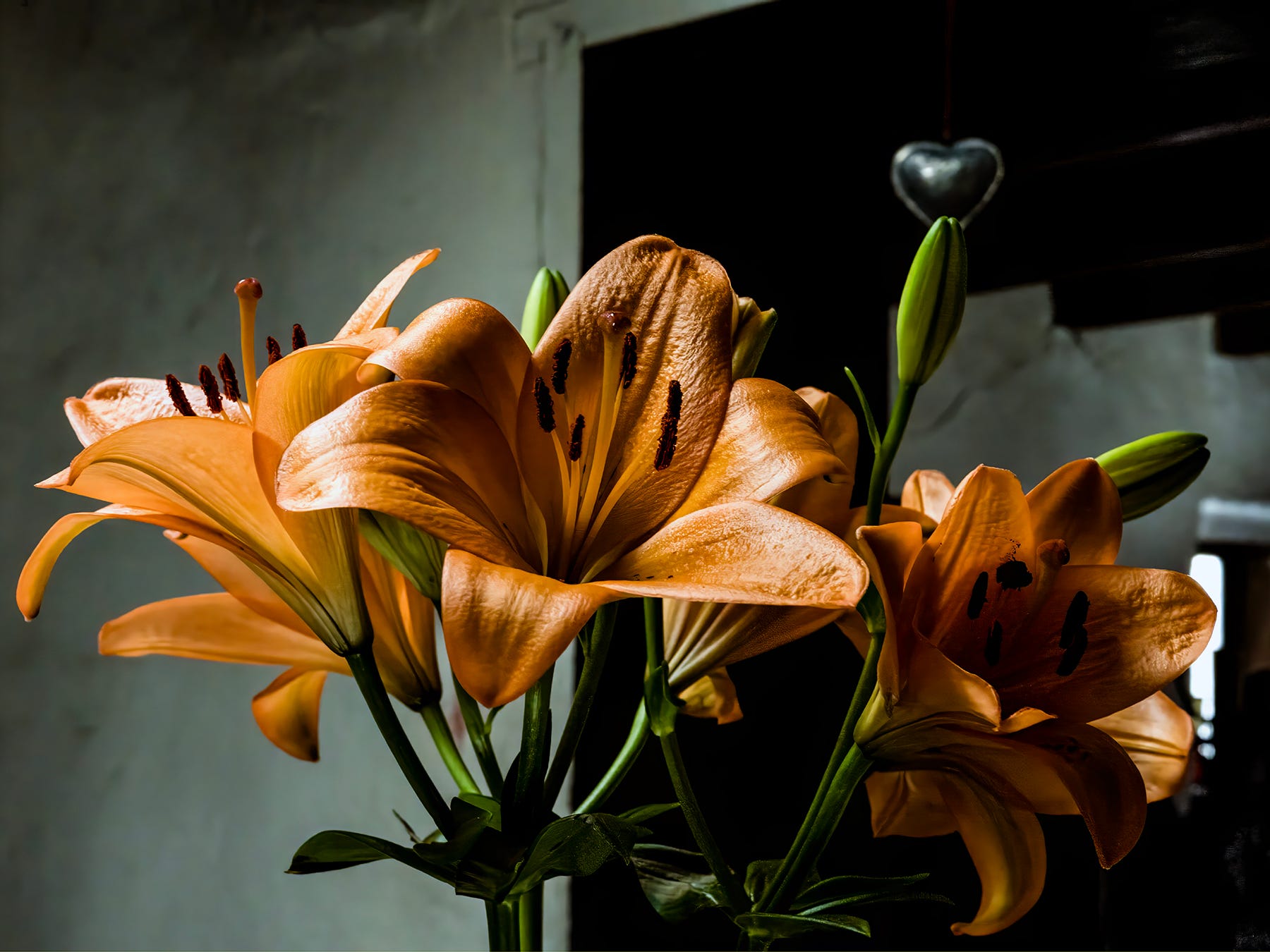


Thanks so much, amigo!
Looking good there, John. And the new glass has definitely upped your game. Glad to read and see your art again. Uncertainty is opportunity. Be well, my friend!